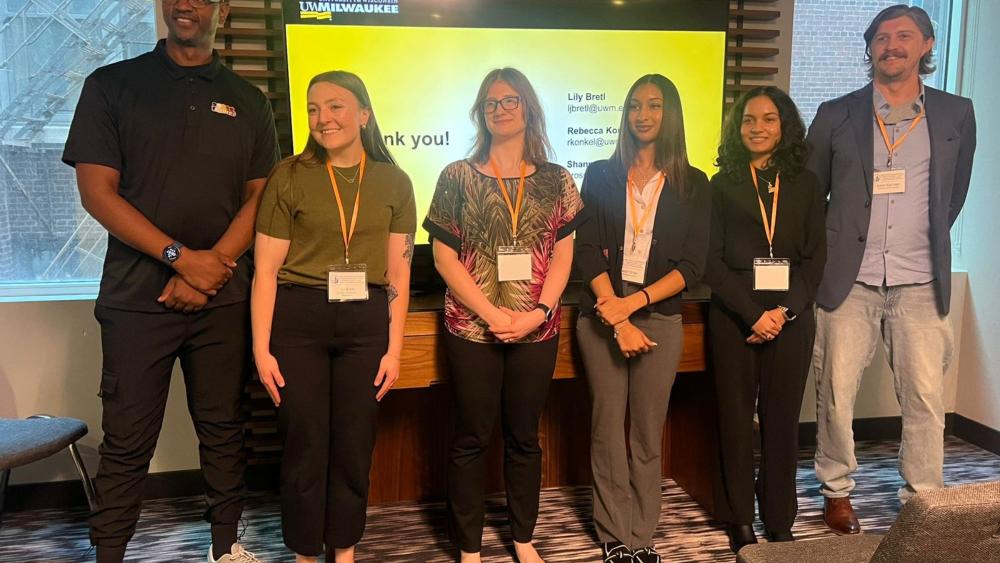Israeli troops trade fire over its northern border with Hezbollah
In the midst of escalating conflict between Israel and Hezbollah, NPR's Steve Inskeep reports from a Catholic village, Fassuta, near the northern border. The village, surrounded by predominantly Muslim and Jewish regions, experiences the unsettling echoes of warfare. The intense exchange of fire is audible, marking a rare and precarious moment. Residents, despite evacuation advisories, remain, grappling with the ever-present danger. The slow-motion war, characterized by rocket exchanges, prompts a chilling realization of living on the precipice. As geopolitical tensions escalate, the report captures the village's haunting ambiance, a microcosm of a region teetering on the edge of wider conflict.

LEILA FADEL, HOST:
Troops from Israel spent much of yesterday trading fire with a militia just over its northern border.
STEVE INSKEEP, HOST:
Yeah. The Hezbollah militia controls southern Lebanon, and we witnessed their low-level warfare with Israel as our team drove into Israel's northern mountains. Our producer, Ziad Buchh, noticed something as we arrived at a village near the border.
Oh, we're here.
(CROSSTALK)
ZIAD BUCHH, BYLINE: Did you see the Virgin Mary?
INSKEEP: No. I missed the Virgin Mary. Like a statue at the end of this...
BUCHH: Yeah. Right on the sign for the city.
INSKEEP: It is called Fassuta, and it's a Catholic village, centuries old, with multiple statues of saints on the streets. Leila, we're talking about an overwhelmingly Muslim region and a predominantly Jewish state, but of course, there are Christian communities in this region, as well.
FADEL: So how close is the fighting to that village?
INSKEEP: Well, last night we could hear it. And this is what it sounded like as we walked through a courtyard where kids were playing.
UNIDENTIFIED GROUP: (Non-English language spoken).
(SOUNDBITE OF EXPLOSION)
BUCHH: Listen.
INSKEEP: I heard.
BUCHH: Yeah.
INSKEEP: This was just after sunset, and we heard booms like that every few minutes, sometimes more often. The Israeli Defense Forces are out there in the hills blasting back as Hezbollah fighters were firing weapons into Israel.
FADEL: So why are these residents still in their village? I know that Israel told many to evacuate. Why did they stay?
INSKEEP: Yeah. The residents say the government cleared out people within four kilometers of the border. And this village is 4 1/2...
FADEL: Oh.
INSKEEP: ...So they're staying for now. I did talk with members of one family who sat outside on their deck as we listened to these booms. And through our interpreter, I asked Mike Benowi (ph) what it is like to live here.
MIKE BENOWI: (Through interpreter) It's terrifying that you - that being out and about in the village, you feel like you're in a prison, that they're - that you're - they're chased - the rockets are chasing you. At any time, anyone could be hit. And it's a rocket that could really kill quite a number of people and that there's only five seconds to get to a shelter because we're so close to the border that if you go up on a hill, you can see over the border.
INSKEEP: Yeah. Some of the people in that village have military experience, as people across Israel do, and they recognize different kinds of firing in the dark.
FADEL: Now, you were so close, we can hear the booms. What is the fighting like out there?
INSKEEP: Well, we talked with an Israeli officer who called this a slow-motion war. Israel, of course, knows that Hezbollah in the north has allied with Hamas in the South. Many days in the last few weeks, Hezbollah fires antitank weapons into Israel. Normally these would be short-range weapons, but if you shoot them high, the projectiles go high and go for miles across the border. Israeli forces respond with artillery or drones or rockets. Some people have been killed, including civilians, including a journalist a couple of weeks ago on the Lebanese side of the border. And yesterday, multiple rockets came out of Lebanon and three of them fell into a different Israeli border town, the one we visited. And later, we went to a city on the coast, and as soon as we arrived, a warning siren went off, a sign of incoming rocket fire.
FADEL: Are the soldiers aware of the risk that this sparks a wider war?
INSKEEP: They are trying not to be. We're told Israeli soldiers are encouraged not to watch the news, not to follow social media. They might even get their phones taken away. They're told not to be manipulated and just respond to the tactical challenge in front of them. Of course, Leila, you and I do follow the news. We're aware of the wider picture, and we know this is a dangerous game. Hezbollah is seen as a proxy for Iran, whose foreign minister made warnings on NPR that groups like Hezbollah have their finger on the trigger of a wider war. So each side is aware of the pressure not to go too far.
FADEL: Yeah. Thanks, Steve.
INSKEEP: You're welcome.
What is Your Reaction?
 Like
0
Like
0
 Dislike
0
Dislike
0
 Love
0
Love
0
 Funny
0
Funny
0
 Angry
0
Angry
0
 Sad
0
Sad
0
 Wow
0
Wow
0









































































